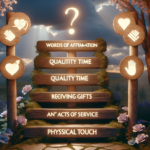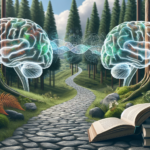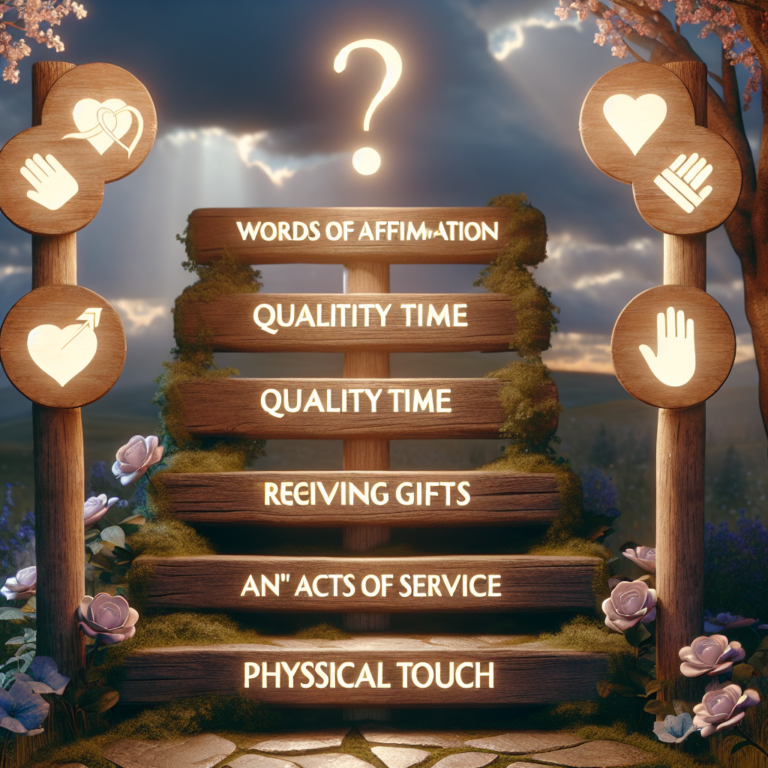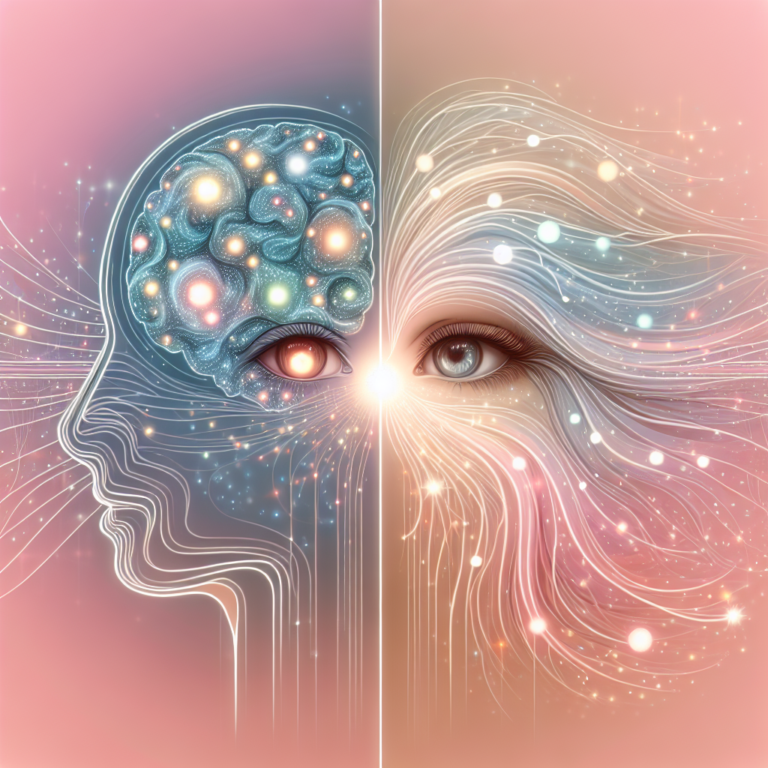
Introduction: The Latent Force of Jealousy
Jealousy, an emotion that often lurks in the shadows of our interactions, can morph from a benign rivalry into a deep-seated resentment. The topic “From Rivalry to Resentment: The Psychological Impact of Jealousy” is not just a psychological exploration; it’s a journey through the impulsive human psyche that can dictate our relationships and even our self-worth. Understanding this dynamic is crucial for fostering healthier interactions, whether at work, in friendship circles, or within families. In an age where transparency and emotional well-being are more valued than ever, examining this transformation is essential.
The Anatomy of Jealousy: Understanding The Emotional Spectrum
What Is Jealousy?
At its core, jealousy is a complex emotional response triggered by perceived threats, often concerning love, friendship, or some form of personal value. It stems from deeper feelings of insecurity, fear of loss, or inadequacy. As psychologist Dr. John Dee points out, jealousy is closely linked to our self-esteem and how we perceive our place in the social hierarchy.
The Emotions in Play
- Insecurity: A sense of inadequacy breeds jealousy.
- Fear of Loss: The anxiety of losing something precious fuels resentment.
- Resentment: When rivalry escalates unchecked, it can solidify into deep resentment.
Case Study: Sibling Rivalry
Imagine two siblings vying for their parents’ attention. The elder sibling may initially feel competitive but, if supported inadequately, may nurture resentment over time. The rivalry flipped upside down can lead to long-lasting family tensions. This example reinforces how unresolved rivalry can lead to an emotional cascade.
From Competition to Conflict: The Journey of Jealousy
Evolution of Rivalry
Jealousy often begins as benign competition—a natural element of human interaction. It can serve as a motivator for improvement but can take a darker turn. The journey from rivalry to resentment typically follows a trajectory influenced by environmental factors, personal histories, and emotional intelligence.
Stages of Jealousy
- Initial Rivalry: Feeling competitive can spur growth or motivation.
- Comparison: Heightened awareness of others’ successes leads to self-doubt.
- Frustration: Repeated comparisons foster frustration and dissatisfaction.
- Resentment: Finally, unchecked feelings can lead to profound resentment and conflict.
Table 1: Stages of Jealousy
| Stage | Description | Emotional Response |
|---|---|---|
| Initial Rivalry | Healthy competition | Enthusiasm |
| Comparison | Heightened awareness of others’ successes | Insecurity |
| Frustration | Dissatisfaction due to unfulfilled goals | Anger |
| Resentment | Deep-seated feelings leading to conflict | Bitterness |
The Deep Psychological Roots of Jealousy
Cultural and Social Influences
Jealousy and rivalry are not just personal experiences; they are deeply embedded in cultural norms and social expectations. From childhood, we’re socialized to compete for limited resources—be it love, accolades, or attention. Social media amplifies this competition, impacting our emotional health.
Case Study: Workplace Dynamics
Consider a scenario in a corporate setting where two employees vie for the same promotion. Initial rivalry might ignite productivity, but as comparisons intensify, both parties might experience anxiety and resentment towards each other. This case highlights how visible rivalry can crumble productive relationships.
Managing Jealousy: Transforming Rivalry into Support
Cultivating Emotional Intelligence
Coping with jealousy effectively requires emotional intelligence—a vital skill for recognizing and managing our feelings. Fostering empathy can transform potential resentment into mutual support.
Techniques for Management
- Self-Reflection: Acknowledge feelings without judgment.
- Open Dialogue: Communicate openly with those involved to mitigate misunderstandings.
- Gratitude Practice: Focus on personal strengths and achievements to cultivate a positive self-image.
- Seek Support: Involve a trusted friend or therapist to navigate intense feelings.
From Rivalry to Support: Successful Transformations
Positive Case Studies
The Academic Path: Two students initially compete intensely for grades. However, after a heart-to-heart conversation, they decide to study together. Their rivalry evolves into collaboration, enhancing both their academic performances.
- Analysis: This transformation reflects the potential of rivalry to create a supportive partnership rather than fostering resentment.
- Sports Teammates: Two athletes competing for the same position initially resent one another. However, they begin to share training tips and motivate each other. Their competitive spirit morphs into a fruitful collaboration that benefits the whole team.
- Analysis: This illustrates the power of shared goals in reshaping rivalries into constructive support networks.
Conclusion: Navigating the Emotional Landscape of Jealousy
Understanding “From Rivalry to Resentment: The Psychological Impact of Jealousy” provides us with vital tools for emotional growth. While jealousy can initially serve as a catalyst for self-improvement and ambition, unchecked feelings can lead to deep resentment and conflict—both personally and professionally.
Effective communication, emotional intelligence, and a commitment to empathy can transform potentially harmful rivalries into strong alliances. By fostering open dialogues and practicing gratitude, we can reshape our emotional responses to envision better, healthier relationships.
FAQs
1. What triggers jealousy?
Jealousy often arises from feelings of insecurity or comparison to others. Heightened competition in various contexts (personal, professional, social) can intensify these feelings.
2. Can jealousy be healthy?
Yes, moderate levels of jealousy can motivate self-improvement and ambition. However, when it escalates into resentment, it becomes damaging.
3. How do I confront feelings of jealousy?
Start by acknowledging your emotions without judgment. Engage in open dialogues with trusted friends or seek professional guidance if needed.
4. Is jealousy common among siblings?
Absolutely! Sibling rivalry is a well-documented phenomenon stemming from competition for parental affection and resources, often resulting in both rivalry and resentment.
5. Can jealousy ruin friendships?
Yes. If left unaddressed, jealousy can breed resentment, leading to misunderstandings and ultimately breaking friendships apart.
Through this exploration of the transformative potential behind jealousy, we learn that our emotional landscapes can be navigated with understanding, compassion, and openness. By fostering healthy interactions, we not only improve our relationships but also deepen our understanding of ourselves. Embrace the journey from rivalry to support, and witness emotional transformations unfold.















